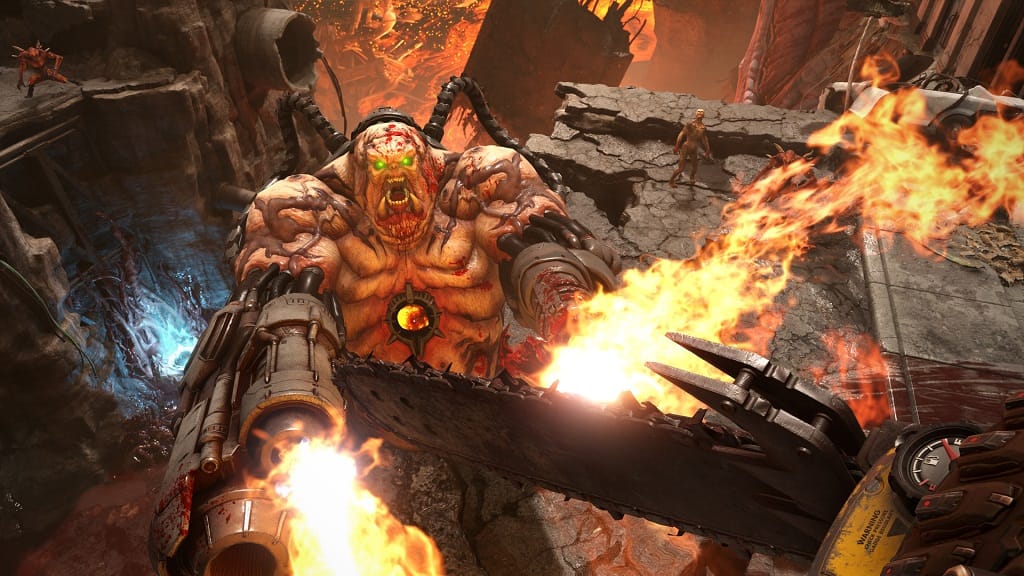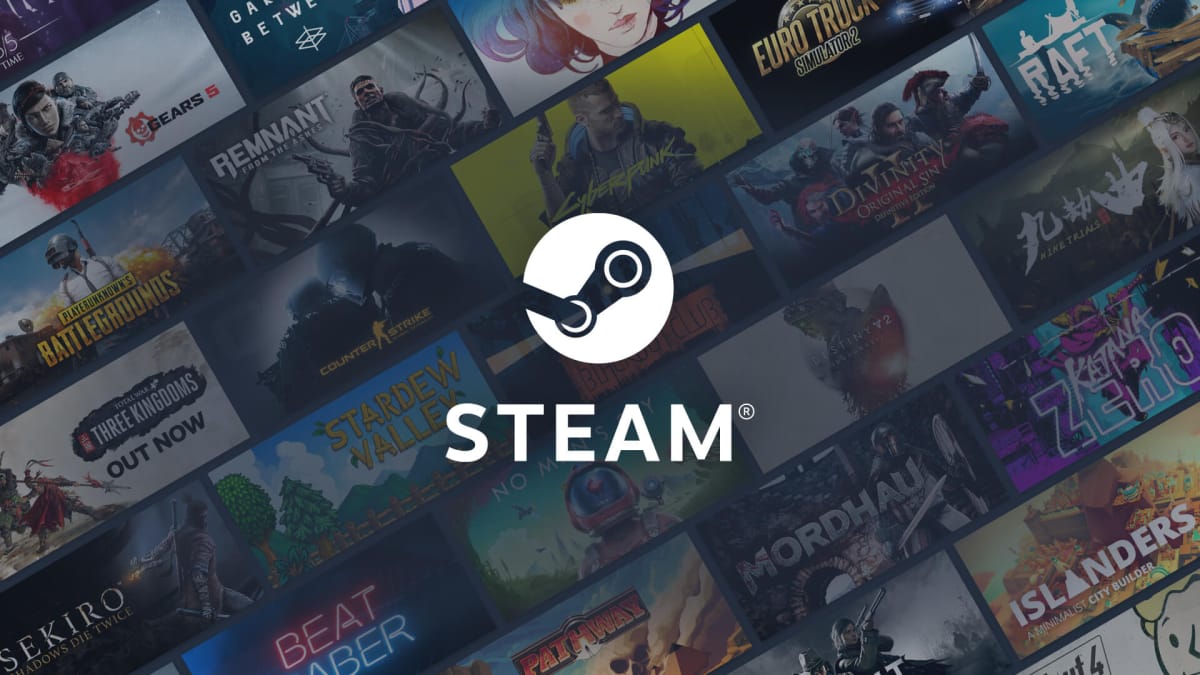Denuvo anti-cheat systems are now available for developers to integrate with their games via Steamworks. This means any developer can now implement Denuvo directly into their game on Valve's digital distribution platform.
What does Denuvo Steamworks integration mean?
This news comes to us via a press release given by Denuvo and its parent company Irdeto. In the release, Denuvo describes its anti-cheat technology as being "available for direct anti-cheat integration through Steamworks". While some games on Steam already used Denuvo technology, direct integration through Steamworks will make it easier for creators to implement the tech into their games. Integration will result in less configuration work for devs and publishers, so it's likely Denuvo anti-cheat will begin making its way to more Steam games in future.
Research carried out by Denuvo's parent company Irdeto suggests that 77% of gamers quit games when cheating happens. It's Denuvo's hope that this Steamworks integration will "[bring] fairness and fun" to Steam's multiplayer gaming scene. Denuvo managing director Reinhard Blaukovitsch says the tech will make it easier for devs to "manage their communities" and that a large network such as Steam has "many benefits" for both gamers and creators.
What is Denuvo anti-cheat?
Denuvo's anti-cheat technology allows developers to spot when players are using certain cheats in games. According to Denuvo, the tech can spot "drivers, hypervisors, and other common cheat methods". Denuvo uses a mixture of mainstream hardware security features and game-agnostic machine learning to spot common cheats and root them out. The tech was originally announced in 2019 and was first used in Doom Eternal in 2020.

Once Denuvo's tech has spotted a cheat, the company says its reporting mechanism is "non-intrusive" and doesn't block debuggers or prevent devs from doing whatever work they like with protected builds. Cheats are reported to a web app that developers and publishers can interact with in real-time, allowing them to see when cheats are reported and which areas of their games are most commonly exploited.
Speaking to us via Zoom, Denuvo told us that its anti-cheat technology is a timesaver for developers. The company says the integration will let them prepare ban reports for Valve, then reviews the report to ensure the evidence is sufficient. Once this is done, Denuvo then "issue[s] that report on behalf of the developer", which the company says will save developers a lot of time in compiling reports on cheats themselves.
We also asked Denuvo about whether or not it plans to implement anti-cheat software for single-player games, such as those in which it's possible to buy or use third-party software to bypass parts of the game or make parts easier. Denuvo said its current implementation is "not applicable in any way to single-player titles", and while games with leaderboards or ranking systems fall under their purview, they don't want to make players "extremely angry" by intervening in their "ability to play the game how they want to".
Is Denuvo anti-cheat the same as anti-tamper?
It's important to remember that Denuvo's anti-cheat technology is distinct from its anti-tamper system, using significantly different technologies with little overlap. The latter is the method by which developers prevent piracy, while the former stops players cheating by using things like wallhacks or aimbots in multiplayer games.
In the future, Denuvo told us it was looking to expand its anti-cheat system to the hypervisor level (which sits above the kernel level, at which anti-cheat programs typically have permission to operate). The company says the cheaters "actually already have one layer" above anti-cheat protection, so once hypervisor tech becomes standard on home PCs, Denuvo says you can expect anti-cheat tech to "escalate to yet another level".
How do you feel about Denuvo's anti-cheat system? Let us know in the comments below!







